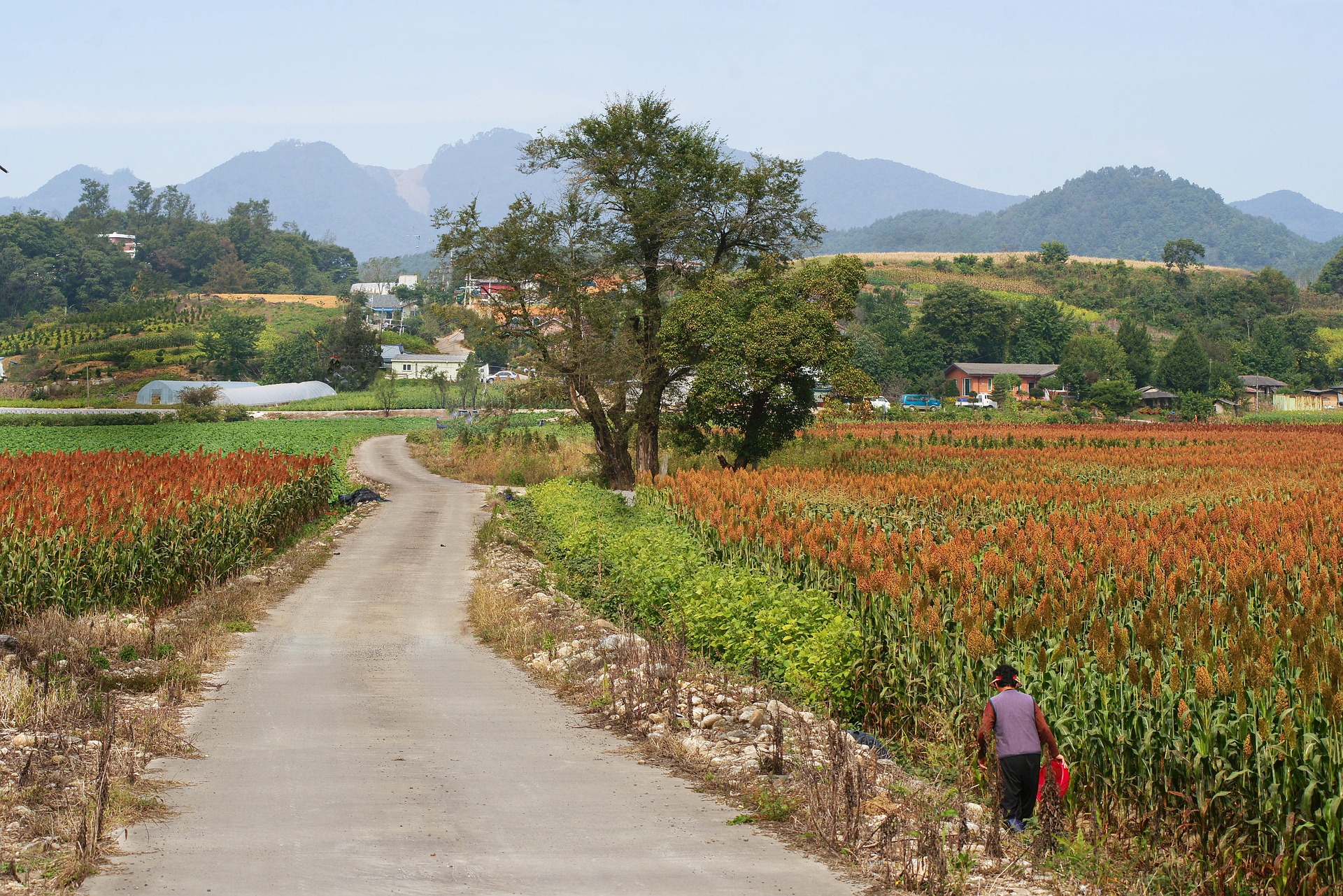Post by: Nathan Moelker

Greetings! My name is Nathan Moelker, and I am a 2L here at Regent. This semester, I have been helping International Justice Mission (IJM), as they work to fight violence against women and children in Africa. International Justice Mission seeks to fight to protect the vulnerable around the world, the least of these in the eyes of the world. This fight is critical to the Christian pursuit of Justice. IJM is an organization committed to doing the work necessary for justice around the world.
The matter IJM is working on in Africa is a matter that has been made of particular importance in the light of the Coronavirus pandemic. IJM is seeking to protect women and children through the use of Virtual Courts in Africa. While there are challenges that arise in the context of the virtual court context, such as the difficulties that arise in ensuring people have access to the technology. When victims are enabled to offer testimony remotely, they are encouraged to cooperate and the psychological harm of their confrontation with their criminal defendant is mitigated. A carefully administered virtual court system provides opportunities to ensure that everyone involved can fairly and adequately access the law. These matters are of particular importance in the context of violence against women, where it may be particularly difficult for witnesses to confront their accuser. IJM is committed to ensuring that the systems put in place provide for equity and ensure justice.
These particular issues in Africa, seeking to ensure that victims of unspeakable acts have equitable opportunities to address and confront the people who are accused of harming them, points to the ways these internet tools are an opportunity to fight for justice. The Coronavirus situation has forced all of us online, and it seems that every day is a series of zoom calls. While we all certainly look forward to the day when we can once again join together in person, we should not discard these tools by the wayside. The disadvantaged, the weak, and the troubled often lack the opportunities others do to physically attend a courtroom. In countries in Africa, they may lack transportation or the means to even get to the city of the Court. In such circumstances, it is incredibly valuable to seek to provide means to ensure that all can access justice. This principles apply in rural Montana, just as much as rural Africa. If Courts are committed to equal justice under the law, that justice will require utilizing the tools that have been made available, and seeking to do all we can to pursue justice.
This post was written by a Center for Global Justice Student Staff member. The views expressed in this post do not necessarily reflect those of Regent University, Regent Law School, or the Center for Global Justice.

